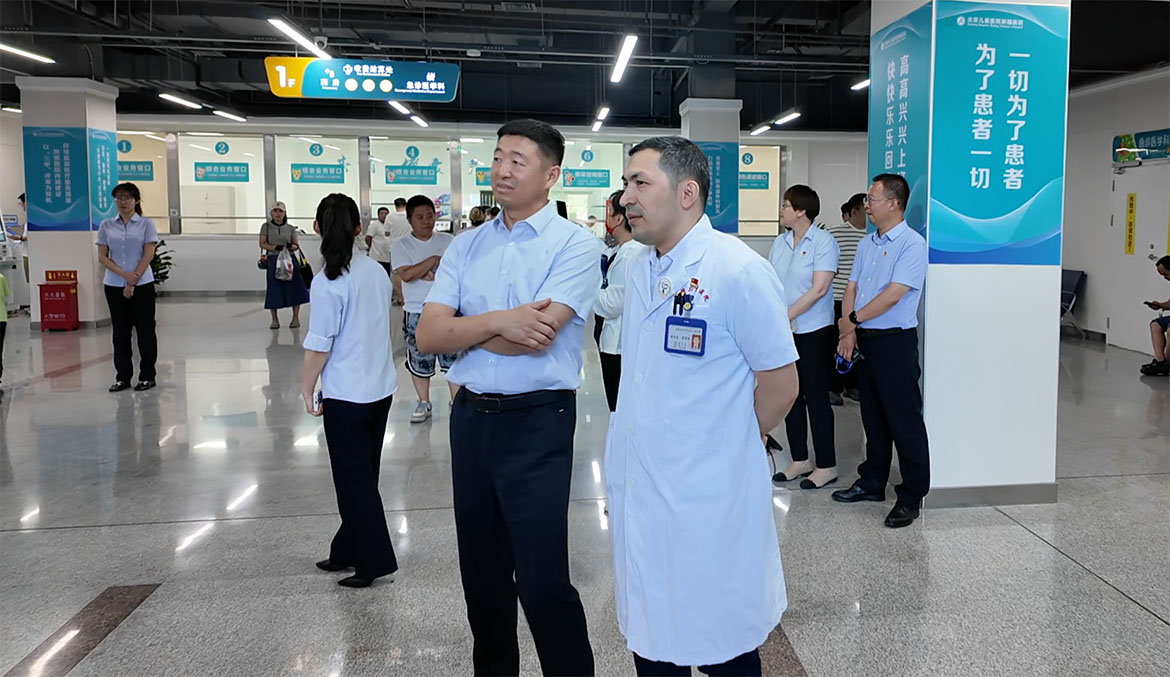Shanghai has announced plans to encourage the establishment of wholly foreign-owned hospitals, according to a document released by the municipal government and reported by China Daily in December.
The initiative targets key economic zones such as the Free Trade Zone, Lingang Special Area, Hongqiao Business District, and the eastern Hub International Business Cooperation Zone. Each area will host up to two foreign-managed medical facilities.
This policy aligns with a broader national strategy announced in late November, which opened up major cities to similar investments, including Beijing, Guangzhou, Shenzhen, and others.
The pilot program aims to enrich Shanghai’s diversity of healthcare services and enhance its business environment by attracting foreign investment and expertise. The move is seen as a step towards high-quality development in medical services, addressing the diverse healthcare needs of the public.
Foreign investors are expected to bring advanced management concepts, innovative service models, and top-tier medical technologies to complement and elevate local healthcare capabilities. The allowed categories of hospitals include general, specialized, and rehabilitation facilities, all classified as tertiary medical institutions.
However, there are restrictions; foreign investors cannot establish hospitals focused on psychiatric care, infectious diseases, haematology, traditional Chinese medicine, or ethnic minority medical practices.
Moreover, these institutions are barred from certain high-risk or ethically sensitive procedures like organ transplants, assisted reproductive technologies, and experimental tumour cell therapies.
The policy also allows healthcare professionals from Hong Kong, Macao, and Taiwan to be hired, although at least half of the hospital’s staff and management must be from mainland China. Industry experts like John K. Hsiang from Jiahui Health have called for additional policy relaxations, such as short-term work permits for overseas nurses and technicians and a more streamlined process for professional title recognition for expatriate doctors.
This announcement comes after Parkway Shanghai celebrated its 20th anniversary in China with a ceremony on December 11, 2024.
Prem Kumar Nair, Group CEO of IHH Healthcare, expressed optimism about the future and highlighted the potential for growth following the new policy implementations.
”As the local government continues to open up with new policies on foreign investment in the healthcare sector, we’re confident that Parkway Shanghai will experience even greater opportunities for growth,” Nair stated during the announcement of a new flagship ambulatory care centre planned for downtown Shanghai in 2025.
This development follows the opening of Parkway Shanghai Hospital in 2023, which represented a significant investment of 1.61 billion yuan ($220 million) and spans 84,400 square meters, further underscoring Shanghai’s commitment to becoming a hub for high-end medical services.
Many see the collaborative effort to open up the healthcare sector as a strategic move to foster medical innovation and create a dual medical system where both public and private hospitals can cater to the varied needs of Shanghai’s residents and expatriates.
Source
- China Daily: Shanghai opens its doors to foreign-owned hospitals


